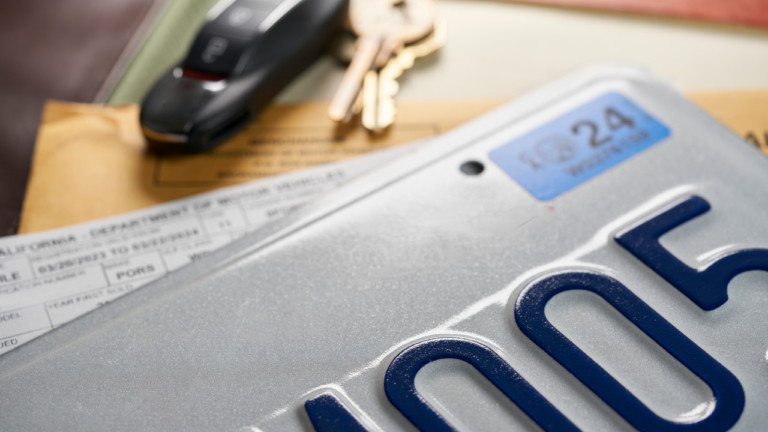How to fight your traffic violation ticket in court
Are you a person with strong principles who believes in taking a stand and fighting for your rights when you have been falsely accused? Or are you more likely to choose the path of least resistance to close the books on an incident?
If you see yourself more as the former and less of the latter, it may be worthwhile for you to fight back in court against your traffic violation.
The courts count on far more drivers choosing to simply pay their traffic tickets rather than spending the better part of a day tied up in court. But remember that you have the right to defend yourself or to hire an attorney who will handle your traffic violation defense for you.
Effective defenses require a clear understanding of the law
Look up the statute that the officer accused you of violating. Read it over carefully and break it down into words and brief phrases to make sure that all apply in your case.
Remember that little words like “shall” and “may” can have a major outcome on the success of your defense. From a purely legal standpoint, “shall” is a synonym for “is required to” while “may” expresses possibility or permission. That interpretation alone could be enough to get a ticket dropped in some cases.
Tipping the odds in your favor
There are small, perfectly legal steps that you can take to give yourself a slight advantage over the police officer and prosecutor. First, if you plan to fight it in court, never pay it first. It’s an admission of guilt.
Your traffic violation ticket will likely have a court date set already. Typically this will be about four to six weeks from the date of the alleged offense. Wait a couple of weeks and then call the court and explain that you have a scheduling conflict that day and politely request a new court date. The scheduling officer is not required to grant this, but polite requests are usually accommodated.
If you have any options for the rescheduled appearance, choose a date closest to a major holiday when the officer is likely to be taking a vacation day and has no inclination to return to court for your ticket. If he or she is a no-show, your ticket will get dismissed.
Don’t waive your rights to a speedy trial
There is a form that the court typically requests all defendants sign, but under the Sixth Amendment to the Constitution, defendants cannot be compelled to waive this right. The dockets are crowded and it may be impossible for the court to hear your case before the 45 days (the length of time California defines as “a speedy” trial) have lapsed. This, too, can result in the traffic violation being dismissed.
Spot any errors on the ticket
The court recognizes the difference between minor errors like misspelling a defendant’s name or something similar, and egregious mistakes like citing the wrong statute entirely. That alone may be enough to warrant a dismissal of your charge.
You may not feel confident in your ability to challenge your ticket alone — that’s okay. Retaining a traffic ticket defense attorney may, in some instances, turn the tide in your favor.


